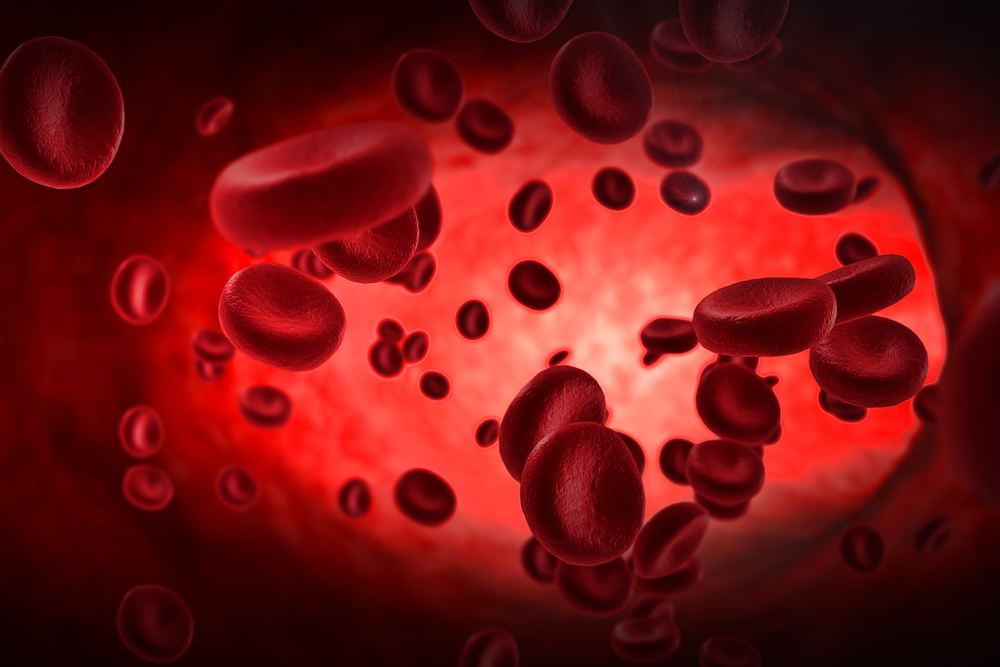Hemlibra May Surpass Bypassing Agents in AHA, Study Says

An 87-year old woman with acquired hemophilia A (AHA) showed no adverse events or major bleeding events after starting on Hemlibra (emicizumab).
The findings suggest that Hemlibra may be a better option for bleeding prevention in AHA patients than bypassing agents, the team said.
The study, “Emicizumab Use in Treatment of Acquired Hemophilia A: A Case Report,” appeared in the American Journal of Case Reports.
AHA is caused by the development of autoantibodies against the clotting protein factor VIII (FVIII). Hemlibra is an antibody therapy that bridges two other proteins — factors IX and X — to skip the need for FVIII to continue blood coagulation.
Based on data showing reduction of bleeding rates, Hemlibra — co-developed by Chugai Pharmaceuticals and Genentech — has been approved as a prophylactic treatment of congenital hemophilia A in the United States and elsewhere. In AHA, the limited real-world evidence on the use of Hemlibra indicates that this therapy may also be effective.
The team presented the case of a woman diagnosed with chronic atrial fibrillation — a type of abnormal heart rhythm — and recent history of gastrointestinal bleeding, which led to stopping the use of anticoagulants. She was admitted to the hospital for anemia. The patient did not have a family history of hemophilia or blood clots.
Laboratory tests revealed prolonged (110 seconds) activated partial thromboplastin time (aPTT), which indicates longer-than-normal blood clotting. Imaging scans showed large chest and pelvic hematomas. Subsequent analysis revealed the presence of inhibitors — antibodies against the clotting factors — and a lower than 1% activity level of FVIII.
Based on her symptoms and laboratory findings, including normal activities of other clotting proteins and negative results for hepatitis B-C and lupus anticoagulant (antibodies that increase the likelihood of forming clots), the patient was diagnosed with AHA.
She was then started on Feiba (activated prothrombin complex concentrate) 50 units/kg every 12 hours for two weeks. As she showed reduced hematoma size, stable levels of hemoglobin and did not need more blood transfusions, her treatment was changed to Hemlibra 3 mg/kg/week for one month, then to 1.5 mg/kg per week. No Hemlibra-related adverse events or major bleeding were reported over two months.
“Since there is a [similarity in disease development] between congenital hemophilia with inhibitors and AHA, we believe Emicizumab [Hemlibra] can be effectively used as a bleeding prophylactic modality for AHA patients, and it can be started after treating any acute bleeding episode with the current standard of care treatment (bypassing agents),” the scientists said.
Cautioning that more studies are needed on Hemlibra’s safety and efficacy, the team added that, compared to bypassing agents, this therapy enables less frequent infusions and long-term outpatient treatment, making it more cost-effective.






